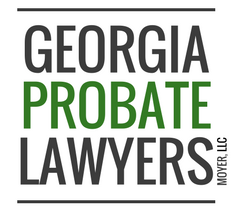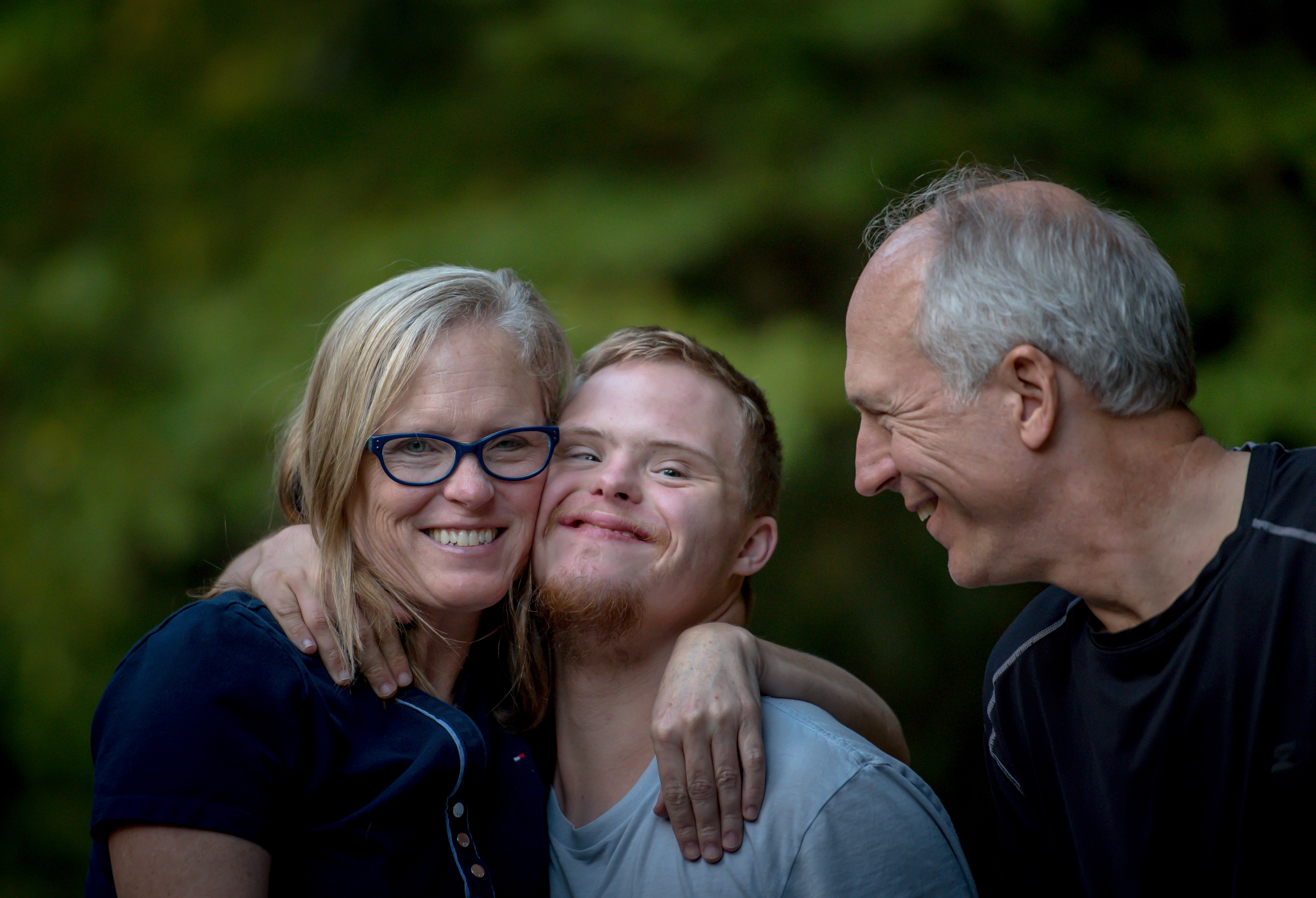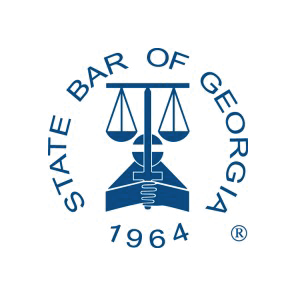
ADULT GUARDIANSHIPS & CONSERVATORSHIPS
We see three main circumstances where an adult needs assistance managing his or her own affairs.
In the first case, there’s a parent that needs to provide help to a developmentally disabled child who has recently turned 18. The adult child still needs help handling his daily affairs, but because he’s turned 18, the parent no longer has the legal authority to make those decisions on his behalf.
In the second situation, there’s a child that needs to help their own parent or grandparent because he or she has lost the ability to handle their own finances and medical decisions because of a significant mental decline. Their loss of cognitive function may be caused by Alzheimer’s or another dementia causing disease, but the bottom line is that they can’t handle their own affairs any longer, and they need help to make sure they are being protected and getting the care they need.
Finally, there’s the third type of case we see: when there’s been an accident or sudden illness, and there’s a family member or friend who’s unable to communicate their wishes. Unlike the other cases, this situation is expected to have a limited duration, so they’ll be able to handle their own affairs again, but they can’t do it themselves right now. Whether they need help with medical or financial affairs, we can help you get the authority you need to provide the assistance to help.
Whatever the cause of the situation, when a loved one lacks the ability to care for themselves and make responsible decisions for themselves, it may be necessary to seek court permission to act on their behalf. If you’ve never done it before, it can be a confusing process with many, many steps and big consequences. If you seek a guardianship over someone and the court does not believe there is a need for a guardian, you are prohibited from seeking the same relief for two whole years! When a guardian or conservator is appointed, the court is removing important rights from your loved one. It’s a serious matter, and the details matter. That’s why it’s critical to employ a skilled guardianship attorney to help you with the process.
If you are seeking to make medical decisions for another person, you are trying to have a “guardian” appointed for him or her. If you are seeking to make financial decision for another person, you are trying to have a “conservator” appointed for him or her. Sometimes, only a guardian or only a conservator will be necessary. Other times, both a guardian and a conservator will be needed. (Many other states only use one term – “guardianship” – for both financial and medical decisions. For ease of reading, we’ll just use “guardian” below.)
When the family is in agreement about the need for a guardian and who should be in charge of your loved one’s affairs, the guardianship is said to be “uncontested.” If everyone does not agree about the need or who will be the guardian, then the guardianship is “contested.” There can be many emotions and competing ideas when a family is trying to figure out what’s next for a loved one, and it can be stressful. Don’t worry – we can help when everyone is on the same page, or when there’s a fight about whether there should be a guardian and who should be in charge.
When a petition for guardianship is filed, family members must be notified of the petition. Your loved one, called the “proposed ward,” will usually be represented by an attorney appointed by the court, and the court might also appoint a “guardian ad litem” to make sure that what happens is in the best interest of the proposed ward. Next, before a guardian can be appointed, a medical professional has to evaluate the incapacitated person. Then, a hearing will be held. If the judge is convinced that your loved one needs the assistance offered by a guardian, then she will remove certain rights from your loved one and appoint someone to make decisions on their behalf. That person is the “guardian” (or “conservator”).
Once appointed, the guardian will be in charge of their loved one’s affairs. They will decide where he will live, what medical treatment he will receive, who his doctors will be, and make other important choices for him. Similarly, a conservator will be in charge of his financial affairs, deciding how to handle his money, and whether to sell his property.
Both guardians and conservators have to report their actions to the court at least annually. The judge carefully reviews these reports to make sure that the “ward” is being provided with proper care.
The guardianship can continue as long as it is needed, until the “ward” regains her capacity, or until the guardianship is no longer needed. The court will review the case to make sure that everything that has happened properly, and if it has, the guardian will be officially relieved from his or her duties.
The guardianship process is complicated, and rightly so. The rights removed from the ward are important rights. So, the court will not remove them without ensuring that the ward really needs assistance and that all the legal requirements have been met. If your loved one needs help, and you aren’t sure how to make sure that they get the help they need, we can help. Our mission is to provide skilled, responsive representation in guardianship cases. You’ve stepped up to make sure your loved one is cared for, so let us take it from here. We’ll guide you through the court efficiently, and make you understand your responsibilities as guardian. When someone you love needs a guardian, that’s hard enough. Let us help you with the legalities.
If someone you love needs help managing their affairs, and you’re ready to help them, give me a call.
We can also help when there’s a child who needs someone to make sure that they are taken care of, too.





